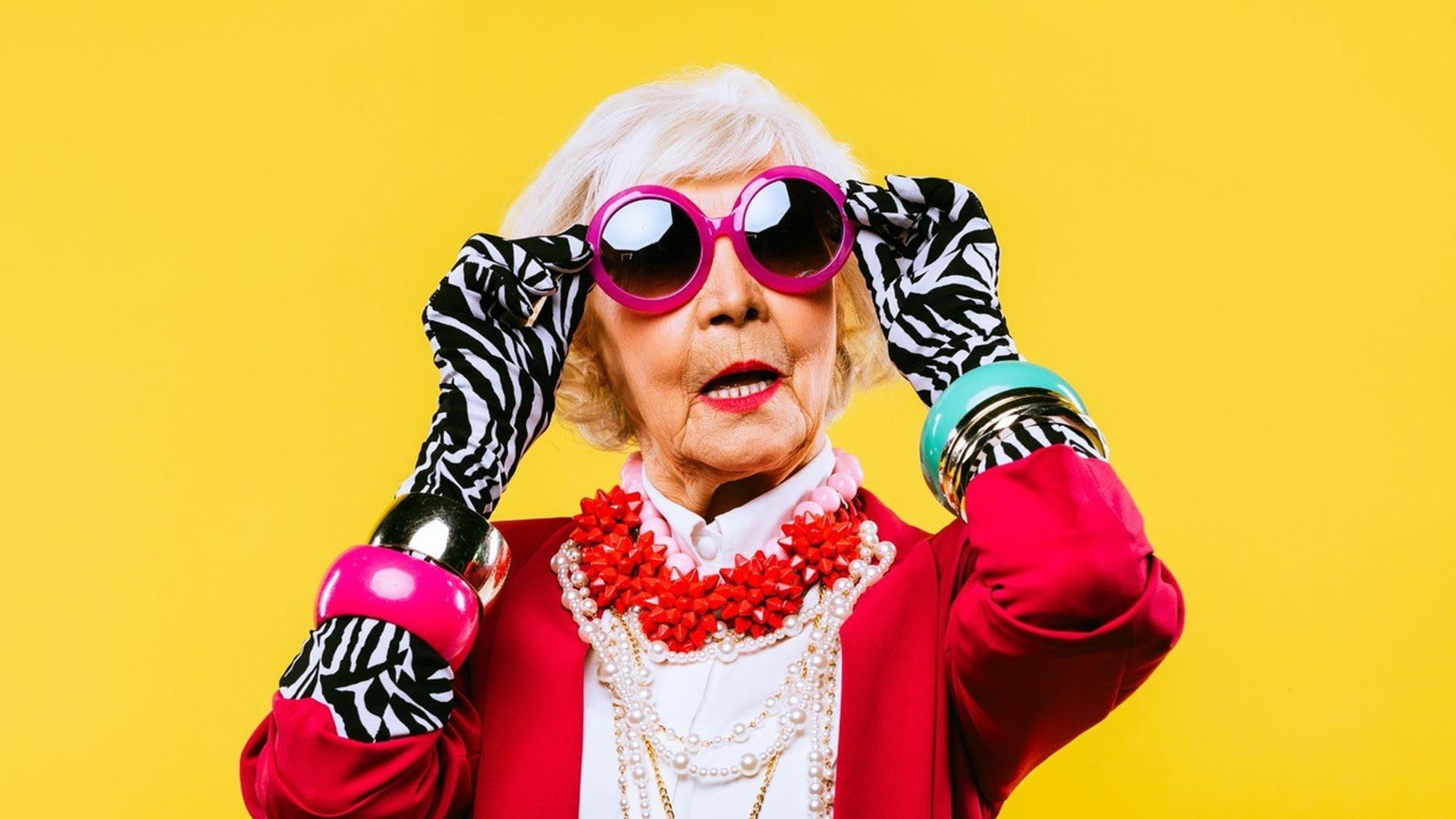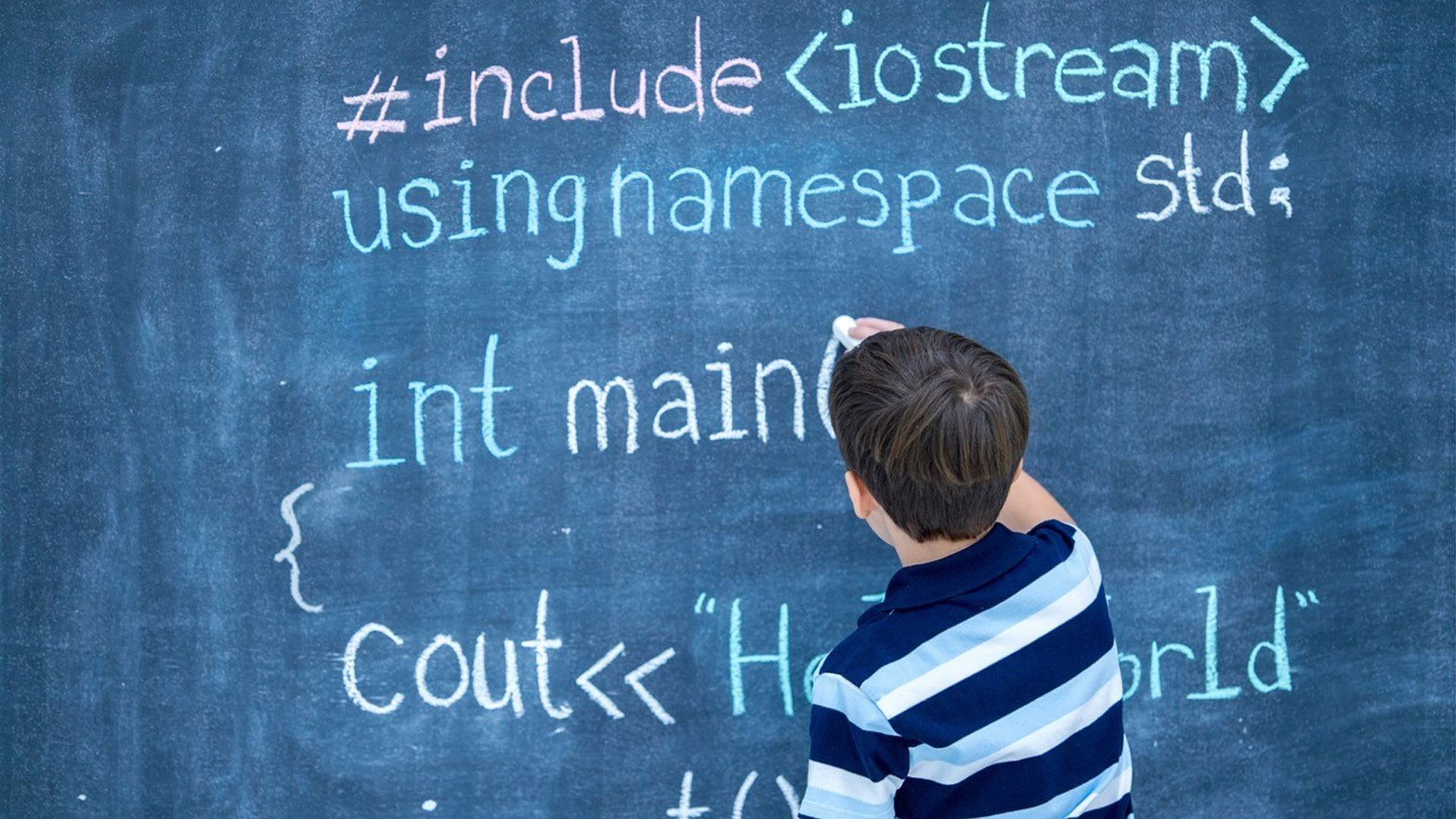Trial by social media, with irreparable consequences.
On April 11, 2022, the courtroom drama of Johnny Depp and Amber Heard began and their tumultuous, extravagant, and mutually-abusive relationship played out across traditional and social media. However ugly the testimony, though, it’s nothing compared to what is happening on social media. The public testimonies are fueling much meaner ones on social media, where stans (stalkers-plus-fans) have taken to platforms with unbelievable vitriol, ranging from insults to death threats.
Johnny Depp has always had a lot of enthusiastic fans—even with all the controversy that has followed him. His Instagram account has over 14 million followers. He’s also been in the public eye since he first hit it big in 21 Jump Street in 1987. That’s over 30 years of serious stardom as an archetypal “bad boy.”
Strong Parasocial Relationships Can Turn Fans Into Stans
Fans often form emotional connections to celebrities, especially those they like and see frequently. These parasocial relationships are one-sided, but the fan experiences a meaningful emotional connection with the celebrity and identity as a member of a fan community. This emotional connection, rooted in identity and belonging, can quickly encompass outrage if their celebrity (and, by extension, they themselves) are attacked. Nothing fires up social identity like a passionate mob and a good hashtag war. On TikTok, #justiceforjohnnydepp recently had nearly 7 billion views.
Amber Heard does not have the benefit of Depp’s professional longevity or depth—and resultant fan community—although her recent success in Aquaman and the swirling publicity around her relationship with Depp have moved her into the mainstream consciousness. She originally activated support from #MeToo activists, but emerging details of her own behavior are causing some of them to back away. Depp may in fact be winning the social media wars.
When people are in the public eye and benefiting from public adoration and attention, anything they do is entertainment. The sordid and unhappy accusations from both sides in this case are full of archetypal cultural narratives—bad boys, celebrity excess, privilege, heroes, warriors, fallen idols, and prodigal sons—that add to the fodder. All of this is easy pickings in social media and not curated or mediated by PR handlers.
Social Media Reduces Complex Topics Into Simple Ideas
Internet memes frequently make fun or snarky commentary about serious things—even the invasion of Ukraine. Memes can be a legitimate means of constructing a narrative and having a voice. TikTok’s format encourages this type of content creation, but I don’t see it as being desensitized to important issues as much as it seems a statement in response to the whole circus. Johnny Depp’s reputation for outrageousness and excess and the enormous back stock of media content available make him an easy subject for “memefication.” TikTok is awash in fan-cam edits, fan video mash-ups, and compilations that began within the K-pop fan community but are now used by stans everywhere.
Serious domestic abuse issues are being contested, but the accusations of abusive behavior against both sides have contributed to the chaos and confusion, driving fans to more simplistic messages on social media. Depp’s persona, well-known roles, and reputation, alongside the social media narratives on TikTok and Instagram, have given the proceedings a surreal quality. Full-time Court TV coverage has provided low-hanging fruit for fan-cam edits and memes.
When fans are invested in celebrities, they take sides and engage in often misguided efforts to “protect” their favorite, attacking the other side. Fans with strong emotional investment are easily converted into supporters. The more a fan’s identity is invested in their association with the celebrity or fan community, the more likely thery will turn stan and join the mob. I would say we have Team Johnny and Team Amber, but that’s way too tame for what’s going on.
Stans, memes, and fan-cams provide a way of simplifying a complex narrative and effectively communicating a point of view, for one side or the other. When other celebrities take sides, it adds the weight of their social capital validating the cause, as when Heard’s Aquaman co-star Jason Momoa started following Depp on Instagram. What’s most troubling is how people have used social media to attempt to subvert the judicial system, essentially trying people in the court of public opinion. That’s the source of the damage to Depp’s career: The movie industry is unlikely to risk its own social and financial capital if fans won’t go to his movies. The adage that “there’s no such thing as bad press” is clearly not true when it comes to accusations that include abuse.
Verdict by Public Opinion and Box Office Receipts
Whatever judgment is eventually handed down in court, it remains to be seen how the outcome will reverberate across public opinion. The judge may determine the financial penalties, but it’s the perceptions of the movie-going public that may matter most. All those people at home watching wall-to-wall Court TV will determine the actors’ future earnings. Depp’s suit was risky, but perhaps also the only way to repair his relationship with movie-goers. Unfortunately, if he achieves his victory, it will be at the expense of Amber Heard.
This article also appeared on PsychologyToday.com.
Join Over 7,500 Fielding Alumni Located Around The World!
Change the world. Start with yours.™






Get Social